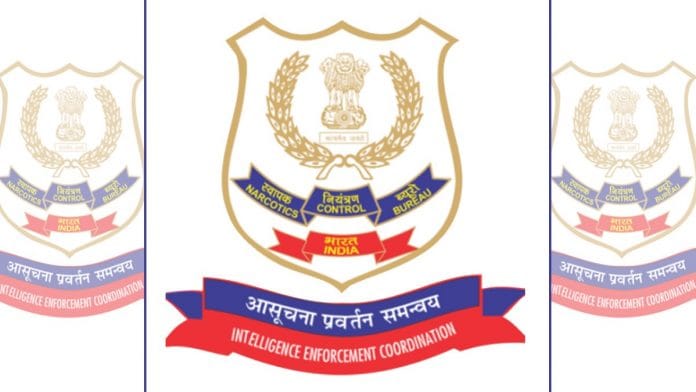What happens when a poorly conceived law meets an overzealous police force and an apathetic judiciary? We study the application of Section 27 of the NDPS Act (henceforth called ‘the law’) in Mumbai to understand whether criminalisation of drug use serves its stated objective of curbing drug consumption. The law makes consumption of any narcotic drug or psychotropic substance punishable with imprisonment up to a year. We argue that this law, in effect, leads to the exploitation of the very people it purports to protect.
India’s approach to drug consumption
India sees drug consumption as a criminal offence, believing that criminalising drug use is the strongest symbol of society’s condemnation. But this criminalisation leads to far more harm than mere drug use could ever do.
While criminalising any activity (such as theft or assault) typically causes harm to criminals (by way of fines and imprisonment) who victimise others, criminalisation of drug use is seen as a way to protect people from themselves. This is paradoxical, because such criminalisation harms the very people it intends to protect.
To make matters worse, the writing of the law leaves much to be desired.
First, the NDPS Act puts a blanket ban on all kinds of drugs. This would include cannabis, opioids, tramadol, amphetamines, and a long list of other drugs. Theoretically, even carrying a drug for medicinal purposes, without a valid prescription on your person, could lead to your arrest.
Second, the law does not define ‘consumption’, nor does it prescribe any procedure for determining what constitutes ‘consumption’. At what stage can the ‘crime’ be considered to have been committed? Is it after the act of consumption? Is it the ongoing process of consumption? Does having consumed a narcotic or psychotropic substance at any point in your life, however many years ago, make you vulnerable to criminal sanctions for the rest of your life?
And finally, the law criminalises both problematic and non-problematic drug users. Non-problematic users are not a threat, either to themselves or others, while problematic users need medical attention. Criminalisation helps neither: the former are denied their right to be left alone, and the latter are deprived of the benefit of treatment. Courts have the power to send addicts, or problematic users to de-addiction centres; but they unquestioningly convict every single person brought before them to prison sentences or fines.
Also read: The long list of harmful effects of cannabis criminalisation no one talks about
What happens when such an opaque, inexplicable law is applied? Let’s look at the absurd results in Mumbai.
Maharashtra saw an average of 1766 NDPS cases per year between 2010 and 2013 under the NDPS Act. From 2013 to 2014, the number of cases jumped more than five times to 14622. Since then, NDPS crime in Maharashtra has consistently remained high. Within Maharashtra, Mumbai contributes the lion’s share of these cases.
Neha Singhal is a Senior Resident Fellow, Vidhi Centre for Legal Policy.
Naveed Ahmad is a Project Fellow, Vidhi Centre for Legal Policy.
This article was first published by the Vidhi Centre for Legal Policy.






